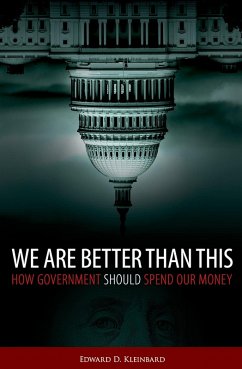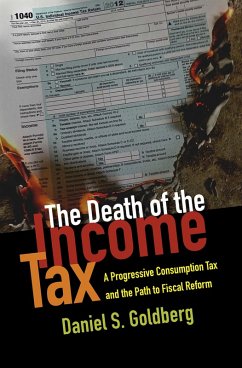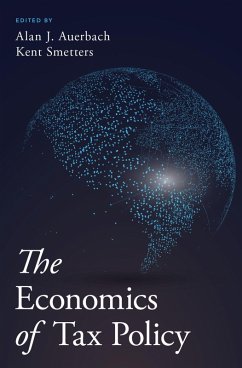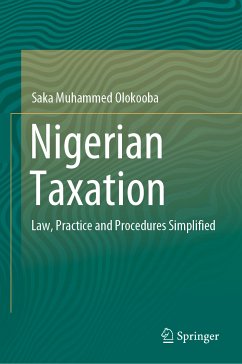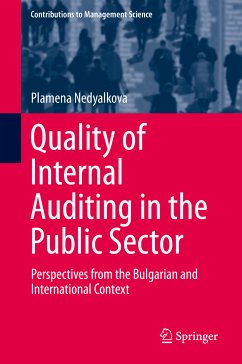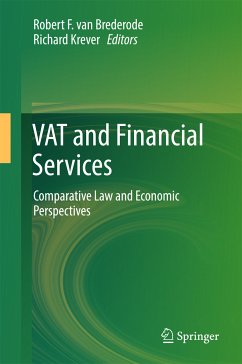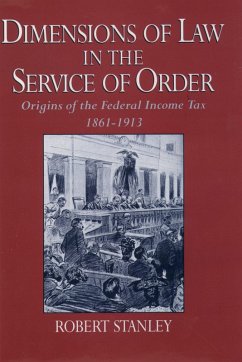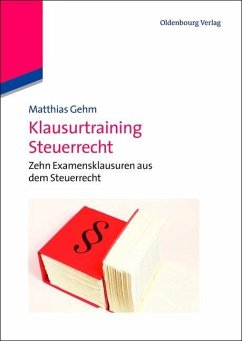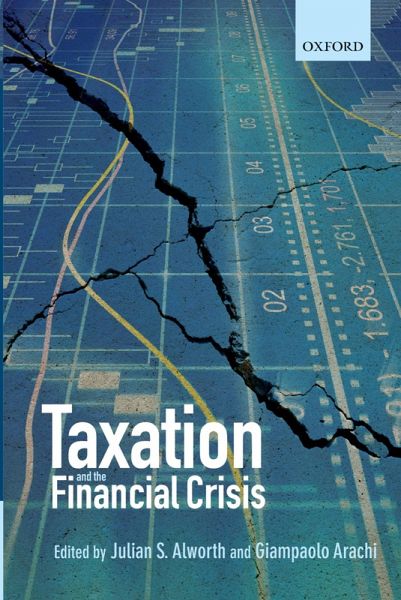
Taxation and the Financial Crisis (eBook, PDF)

PAYBACK Punkte
0 °P sammeln!
This is an open access title available under the terms of a CC BY-NC-ND 3.0 International licence. It is free to read at Oxford Scholarship Online and offered as a free PDF download from OUP and selected open access locations. The financial crisis triggered a global debate on the taxation of the financial sector. A number of international policy initiatives, most notably by the G-20, have called for major changes to the tax treatment of financial institutions and transactions, as well as to working practice within the financial sector. This book examines how tax policies contributed to the fin...
This is an open access title available under the terms of a CC BY-NC-ND 3.0 International licence. It is free to read at Oxford Scholarship Online and offered as a free PDF download from OUP and selected open access locations. The financial crisis triggered a global debate on the taxation of the financial sector. A number of international policy initiatives, most notably by the G-20, have called for major changes to the tax treatment of financial institutions and transactions, as well as to working practice within the financial sector. This book examines how tax policies contributed to the financial crisis and whether taxation can play a role in the reform efforts to establish a sounder and safer financial system. It looks at the pros and cons of various tax initiatives including limiting the tax advantages to debt financing; special taxes on the financial sector; and financial transactions taxes. It examines policy concerns such as: the manner in which the financial sector should "pay" for its bailout and the role of accumulated tax losses on financial institutions' behaviour; the role that taxes may play in correcting the systemic externalities associated with "too big to fail"; the types of tax that are most appropriate for financial institutions and markets ("excess profits" versus "financial transactions taxes"); the interaction between taxes and the regulation of the financial sector; and the role of taxation in countercyclical and macroeconomic policies.
Dieser Download kann aus rechtlichen Gründen nur mit Rechnungsadresse in A, B, BG, CY, CZ, D, DK, EW, E, FIN, F, GR, HR, H, IRL, I, LT, L, LR, M, NL, PL, P, R, S, SLO, SK ausgeliefert werden.





